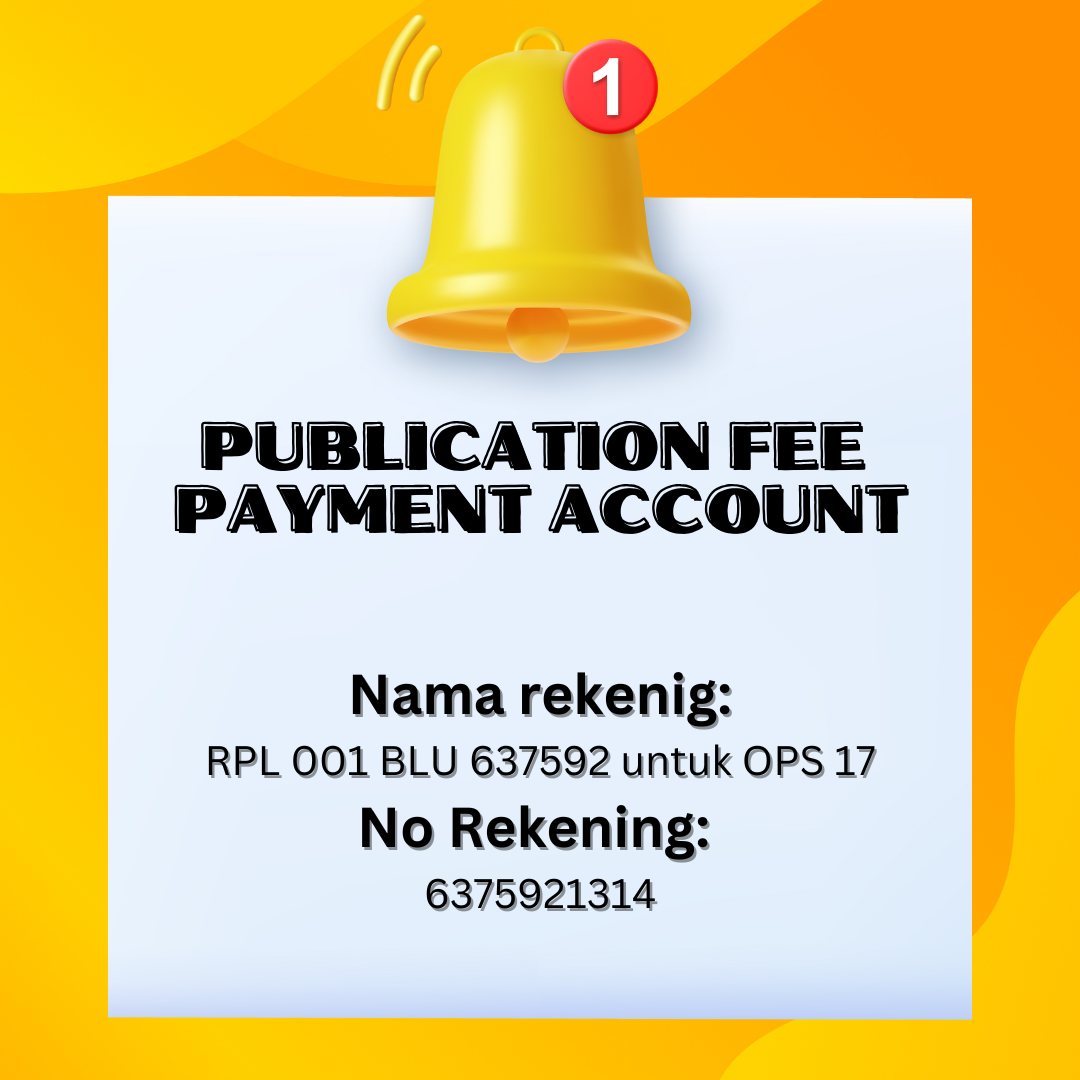PERSEPSI MAHASISWA KEPERAWATAN TENTANG PELAKSANAAN SIMULASI PENANGGULANGAN BENCANA
DOI:
https://doi.org/10.58774/jourkep.v2i2.55Keywords:
Disaster, Nursing Student, SimulationsAbstract
Nurses are the health profession with the most number when compared to other health professions. They play a critical role in disaster management. Competencies related to disaster management are acquired by nurses during their learning process in higher education institutions. One of the challenges in nursing education is the application of theoretical knowledge into practice, particularly in disaster situations. A learning model that can integrate nursing theory with practical skills is simulation-based learning. This research aims to evaluate students' perceptions regarding the implementation of disaster management simulations in the Nursing Disaster course at the Nursing Diploma III Program in Banda Aceh. The respondents of this study were 48 students of the Diploma Three Nursing Program in Banda Aceh. Data collection was carried out through a Likert-scale questionnaire containing questions about students' perceptions of various aspects of simulation implementation. The results of this research indicate that, overall, students' perceptions of the implementation of disaster management simulations in the Nursing Disaster course are very positive.
Downloads
References
Alim, S., Kawabata, M., & Nakazawa, M. (2015). Evaluation of disaster preparedness training and disaster drill for nursing students. Nurse Education Today, 35(1), 25–31. https://doi.org/10.1016/j.nedt.2014.04.016
Aurelio, H. S. G., Bautista, B. J. C., Casimiro, R. M., Dichoso, N. K. R., Endaya, R. A., Ignacio, S. K. V., & Mallari, C. (2022). Knowledge,
Attitude, and Practices of Nursing Students on Disaster Preparedness. Proceedings Series on Health & Medical Sciences, 2, 13–20. https://doi.org/10.30595/pshms.v2i.218
BNPB. (2023). IRBI: Indeks Risiko Bencana Indonesia Tahun 2022.
Coppola, D. P. (2016). Introduction to International Disaster Management. In Introduction to International Disaster Management. Elsevier. https://doi.org/10.1016/b978-0-12-382174-4.00012-4
Grimes, A., Sparke, V., Rouen, C., & West, C. (2020). Preparedness and resilience of student nurses in Northern Queensland Australia for disasters. International Journal of Disaster Risk Reduction, 48. https://doi.org/10.1016/j.ijdrr.2020.101585
Hung, M. S. Y., Lam, S. K. K., & Chow, M. C. M. (2020). Nursing students’ experiences and perceptions of learner-centred education in a disaster nursing course: A qualitative study. Nurse Education in Practice, 47. https://doi.org/10.1016/j.nepr.2020.102829
Hung, M. S. Y., Lam, S. K. K., Chow, M. C. M., Ng, W. W. M., & Pau, O. K. (2021). The Effectiveness of Disaster Education for Undergraduate Nursing Students’ Knowledge, Willingness, and Perceived Ability: An Evaluation Study. International Journal of Environmental Research and Public Health, 18(19). https://doi.org/10.3390/ijerph181910545
ICN. (2019). INTERNATIONAL COUNCIL OF NURSES CORE COMPETENCIES IN DISASTER NURSING VERSION 2.0 CORE COMPETENCIES IN DISASTER NURSING VERSION 2.0.
Kalanlar, B. (2018). Effects of disaster nursing education on nursing students’ knowledge and preparedness for disasters. International Journal of Disaster Risk Reduction, 28, 475–480. https://doi.org/10.1016/j.ijdrr.2017.12.008
Kim, J., Park, J. H., & Shin, S. (2017). Effectiveness of simulation-based nursing eucation depending on fidelity: A meta analysis. BMC Medical Education, 16(1). https://doi.org/10.1186/s12909-016-0672-7
Koukourikos, K., Tsaloglidou, A., Kourkouta, L., Papathanasiou, I. V., Iliadis, C., Fratzana, A., & Panagiotou, A. (2021). Simulation in clinical nursing education. Acta Informatica Medica, 29(1), 15–20. https://doi.org/10.5455/AIM.2021.29.15-20
Labrague, L. J., Kamanyire, J. K., Achora, S., Wesonga, R., Malik, A., & Al Shaqsi, S. (2021). Predictors of disaster response self-efficacy among nurses in Oman. International Journal of Disaster Risk Reduction, 61. https://doi.org/10.1016/j.ijdrr.2021.102300
Rizqillah, A. F., & Suna, J. (2018). Indonesian emergency nurses’ preparedness to respond to disaster: A descriptive survey. Australasian Emergency Care, 21(2), 64–68. https://doi.org/10.1016/j.auec.2018.04.001
Setyawati, A. D., Lu, Y. Y., Liu, C. Y., & Liang, S. Y. (2020). Disaster Knowledge, Skills, and Preparedness Among Nurses in Bengkulu, Indonesia: A Descriptive Correlational Survey Study. Journal of Emergency Nursing, 46(5), 633–641. https://doi.org/10.1016/j.jen.2020.04.004
Sterner, A., Sköld, R., & Andersson, H. (2023). Effects of Blended Simulation on Nursing Students’ Critical Thinking Skills: A Quantitative Study. SAGE Open Nursing, 9. https://doi.org/10.1177/23779608231177566
Unver, V., Basak, T., Tastan, S., Kok, G., Guvenc, G., Demirtas, A., Ayhan, H., Köse, G., Iyigun, E., & Tosune, N. (2018). Analysis of the effects of high-fidelity simulation on nursing students’ perceptions of their preparedness for disasters. International Emergency Nursing, 38, 3–9. https://doi.org/10.1016/j.ienj.2018.03.002
Downloads
Published
How to Cite
Issue
Section
License
Copyright (c) 2023 Rizki Wan Oktabina, Joice Mermy Laoh, Nuswatul Khaira

This work is licensed under a Creative Commons Attribution 4.0 International License.







